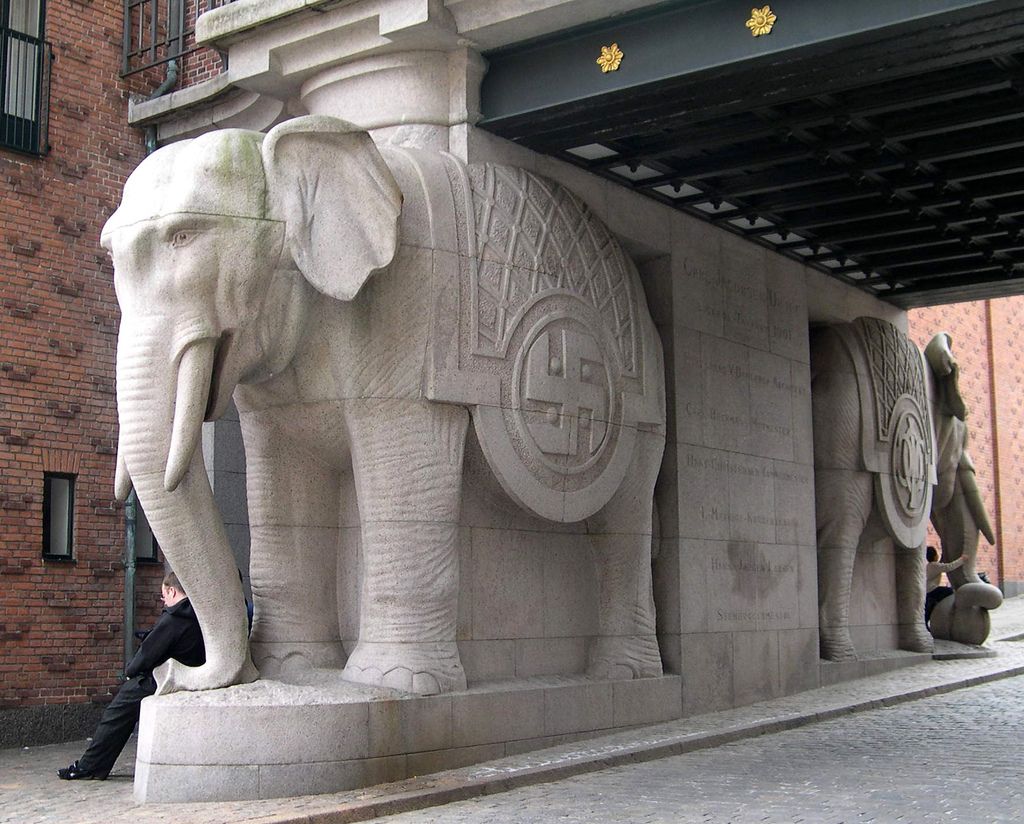According to a YouGov survey conducted on behalf of Dansk Industri, the confederation of Danish industry, young adults abroad aged 18-35 have severe difficulty naming a Danish company.
Some 2,500 students and employees were interviewed in the US, UK, China, Germany and Poland – five of Denmark’s top 10 export markets – and only 13 percent could name a Danish company.
The DI Global Talent Survey 2016 also established that just 5 percent were able to name two Danish companies.
Hurts competitiveness
COWI chief executive Lars-Peter Søbye is the chair of the advisory board at DI Global Talent, which works hard to ensure Denmark attracts the numbers of highly-skilled foreigners it needs to stay globally competitive.
“If Danish companies and Denmark are unknown, it becomes more difficult for businesses to attract the talent from abroad they need. They will simply not be as competitive,” Søbye said.
“If we do not act on this, we risk that Denmark will have a shortage of highly qualified employees. Danish companies have so many great things to offer, but what use is that if none of the people we are trying to reach know about them?”
Weak familiarity factor
Alexander Josiassen, the head of marketing at Copenhagen Business School (CBS), concurred that it was a problem, adding that Denmark’s ‘familiarity factor’ as a country “is unfortunately quite weak”, and that a governmental effort is needed, like in Taiwan and Australia.
“Taiwan has succeeded in becoming known for brands such as Acer. This has had a positive effect on Taiwan’s image, which in turn has been felt by Taiwanese companies,” he said.
“Australia has done this at an industrial level with its wine. This kind of initiative takes years, but it works.”
Playing to its strengths
Dansk Industri is accordingly advising the Danish government to take action (see below) to address the issue.
Denmark as a country, according to Søbye, should highlight the opportunity to influence your work, the flat company hierarchies and excellent work/life balance, while it can utilise Scandinavia as a stamp of quality, the easy access to forests and beaches, low crime rates and a unique welfare model.
“My point is that we have to treat Denmark as if it were a business: draw up a plan, invest in it, follow up on it, adjust it and measure our results,” he said.
Better recruitment needed
But while Christian Kurt Nielsen, the managing director of global recruitment company Mercuri Urval, agrees that a national branding strategy will increase knowledge of Denmark, he contends that businesses need to improve their recruitment practices by focusing on what they are good at and what is special about the position they are seeking to fill.
“If you are a global market leader in the field of wind, for example, that is what you should write. If you run exciting international projects, write that,” he said.
“Does the position involve managerial responsibilities? Will the applicant be able to travel or live in Scandinavia? Then emphasise that.”















